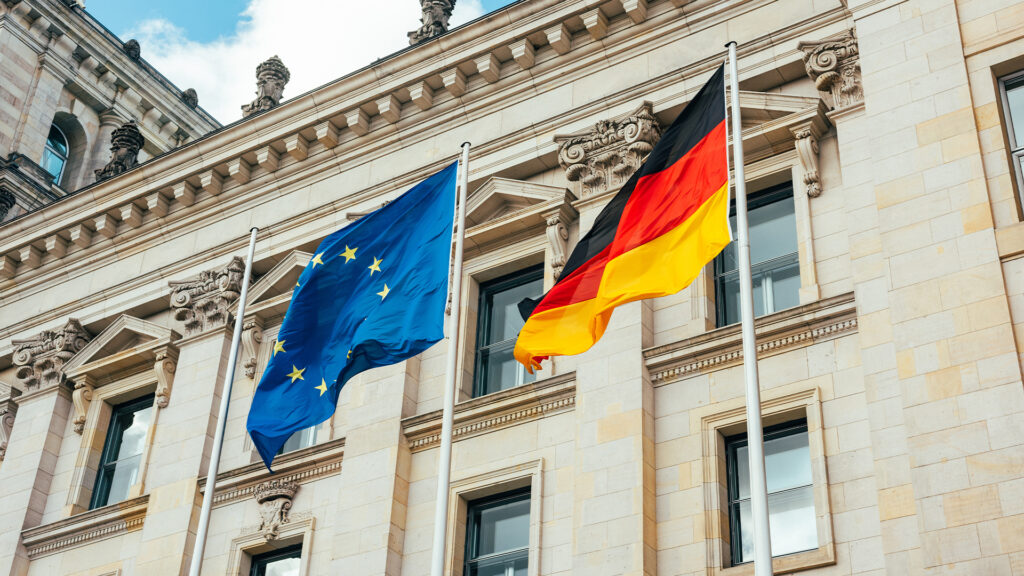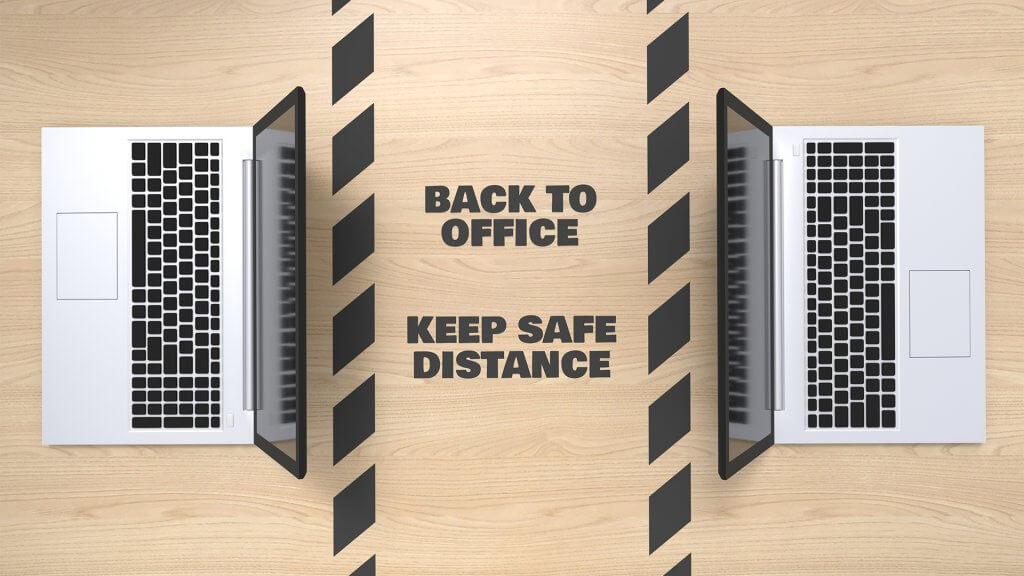GAFTA arbitration is a fast and efficient way for companies to resolve trade disputes using GAFTA standard contract forms. Let’s explore GAFTA arbitration rules and procedures in detail.
Introduction to GAFTA Arbitration
What is GAFTA? GAFTA arbitration is designed to specifically meet the needs of the agricultural sector, to reduce the delays and costs inherent in litigation proceedings before the courts, and to promote the maintenance of commercial relations.
Despite its shorter timeframes compared to more “classic” procedures, the GAFTA arbitration procedure provides for a double level of jurisdiction for most cases. There is also a simplified procedure adapted to less complex disputes.
Association Specifics
The seat of GAFTA arbitration is located in London. The parties may nevertheless choose to hold the hearings at the seat or to relocate them elsewhere in writing. In practice, the procedure is largely conducted in writing.
The arbitration procedure (like contracts) is governed by English law, in particular the Arbitration Act 1996.
The organization has a body of arbitration rules (notably GAFTA 125) and a panel of highly qualified and industry-specialist arbitrators.
Benefits of GAFTA Rules
- Confidentiality: hearings are held in private;
- Accessibility: Arbitration costs less than litigation;
- Speed: Takes less time than litigation;
- Quality: Disputes are heard by qualified GAFTA arbitrators who have a deep understanding of the complexities of modern trade;
- Support: Parties can be assisted in submitting documents for consideration or representing the parties at the hearing.
Arbitration Procedure
The arbitration procedure may involve hearings or only written submissions containing the parties’ arguments. If the parties choose oral proceedings, they may be represented by a commercial agent, or, in the event of express written agreement by both parties, by a lawyer.
Initiating an Arbitration Claim
The arbitral tribunal is in principle composed of three arbitrators. Each party selects its own arbitrator from a panel of qualified arbitrators approved by GAFTA.
In practice, the requesting party notifies the other party of its intention to implement the arbitration clause and appoints its arbitrator, whom it notifies the arbitration center with a copy of the contract. The responding party then benefits from a very short period to respond and appoint its arbitrator. The organization then chooses the third arbitrator.
In accordance with Article 3.1 of GAFTA Regulation 125, the parties may also choose to submit their dispute to a single arbitrator who will be selected by the institution.
Under GAFTA 88, disputes relating to the quality or condition of goods are resolved through arbitration, typically based on certificates issued at the time and place of loading.
Deadlines
Particular vigilance must be paid to the applicable deadlines for acting, to avoid any foreclosure. The deadlines for submitting the request are quite short (generally one year) and depend on the type of contract (FOB, CIF, etc.), in particular for the starting point of the deadline.
Evidence and Hearing
Parties can appeal an arbitration award within 30 days. Appeals are heard by a 5-member panel if the original award was by 3 arbitrators, or by 3 members if decided by a sole arbitrator.
Costs of the Procedure
If parties use lawyers, the tribunal decides how much the winner can recover in legal fees. However, costs for written submissions, even if done by lawyers, cannot be claimed.
Gafta Arbitration Rules
GAFTA 124 Sampling Rules: Establishes standards for sampling, handling, and testing commodities in disputes over quality and condition.
GAFTA 88: Governs arbitration for disputes related to the quality and condition of goods, often resolved through certificates issued at the loading point.
GAFTA 49: Establishes mediation procedure as an alternative method under GAFTA agreements.
GAFTA 125: GAFTA arbitration rules 125 define rules for default, non-performance, or other contractual issues under GAFTA contracts.
GAFTA 126: Provides the rules for appointing emergency GAFTA arbitrators for urgent interim relief before the constitution of the full tribunal.
GAFTA 48: Specifies the rules for arbitration appeals, providing a process for challenging the initial arbitration award.
GAFTA 78 UA: Covers arbitration for disputes under Ukrainian law, tailored to contracts executed within or related to Ukraine.





























